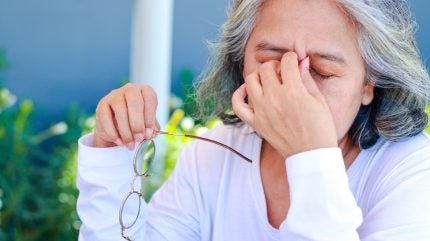
Vantage Biosciences has dosed the first subject in the randomised Phase II trial of oral therapy VX-01 to treat non-proliferative diabetic retinopathy (NPDR).
The multi-centre, placebo-controlled, double-masked trial aims to assess the efficacy of the therapy in individuals with moderate to severe NPDR without centre-involved diabetic macular oedema.

Discover B2B Marketing That Performs
Combine business intelligence and editorial excellence to reach engaged professionals across 36 leading media platforms.
It is being carried out across 27 sites in several Southeast Asian nations, Australia, and the US, with readout of the trial anticipated in 2027.
Subjects who are eligible will be randomised into one of the two cohorts of the trial and will receive either the therapy or a placebo twice daily for a period of 52 consecutive weeks, with a 12-week post-treatment observation period being followed.
Vantage Biosciences chairman and co-founder Alek Safarian said: “We are pleased to initiate patient dosing in this important Phase II study, which evaluates VX-01 as a potential early intervention for diabetic retinopathy.
“By targeting the disease at an earlier stage, VX-01 has the potential to slow or prevent progression to more severe forms of diabetic retinopathy, reducing the likelihood that patients will require invasive treatments in the future.”

US Tariffs are shifting - will you react or anticipate?
Don’t let policy changes catch you off guard. Stay proactive with real-time data and expert analysis.
By GlobalDataAccording to the company, VX-01 is tailored for targeting neurovascular inflammation linked to diabetic eye conditions.
It could become the “first” oral treatment option for non-NPDR, a condition that can cause loss of vision.
VX-01 aims to address the inflammatory mechanism that contributes to the advancement of NPDR.
By focusing on the biological mechanisms causing microvascular complications in the retina, this oral therapy aims at preventing or slowing the progression of disease in individuals with NPDR prior to the occurrence of irreversible vision loss.
Vantage is focused on developing therapies for diabetic eye conditions. The company, founded by ALSA Ventures, emphasises a “patient-centred” approach to address the unmet medical needs in this area.



